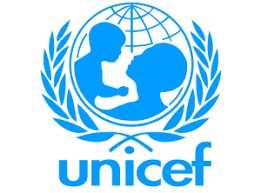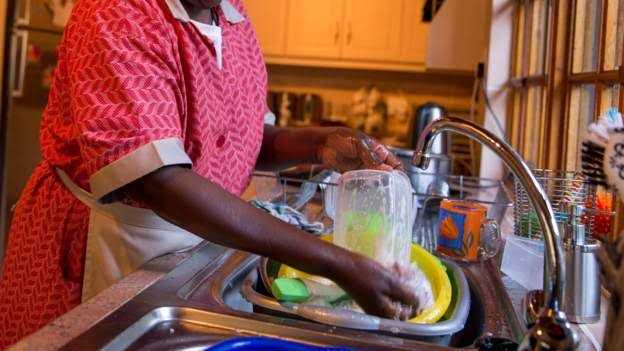
Philemon Jambaya
The TUI Care Foundation and the Dutch National Committee for Unicef announced a collaborative effort to support the Clean Green Zimbabwe Initiative. This initiative, launched by the Zimbabwean Ministry of Environment, Climate and Wildlife, aims to empower children and young people as environmental advocates within their communities.
The urgency to address the climate crisis and its impact on children is paramount. Dr. Tajudeen Oyewale, Unicef Zimbabwe Representative, emphasised: “Immediate action is required to lessen the effects of climate change and environmental issues on children, ensuring they can reach their full potential and have their rights protected.”
To address this need, the Clean Green Zimbabwe Initiative was established. This programme seeks to harness the potential of children and young people as environmental stewards and agents of change. It aims to provide climate-resilient resources within schools and communities, fostering a safe and healthy environment where children can thrive.
Through the TUI Junior Academy project, the TUI Care Foundation joins forces with Unicef to jump-start the Clean Green programme in Zimbabwe.
“When equipped with the proper tools and space, children can become powerful agents for positive change,” said Alexander Panczuk, Executive Director of TUI Care Foundation.
“This forms the core of our Junior Academy Programme, empowering youngsters to safeguard nature and raise awareness about the environment’s beauty and vulnerability.”
The initiative aligns with Zimbabwe’s National Development Strategy 1, prioritising environmental protection and climate resilience. Greening schools, communities, and cities are crucial to achieving these goals and safeguarding the right to clean air, nutritious food, safe water, and a healthy environment for children and their communities.
“Investing in our environment signifies investing in our nation’s future,” stated Minister of Environment, Climate and Water, Nqobizitha M. Ndlovu.
Related Stories
“The Clean Green Zimbabwe Initiative will propel a collaborative government effort to establish a legacy of sustainability, resilience, and prosperity for future generations. As we strive to achieve Vision 2030, let us seize this chance to transform young lives, safeguard our planet, and build a better Zimbabwe for all.”
The Clean Green programme focuses on three pillars:
Clean Green Schools: Equipping schools with climate-resilient infrastructure, water, sanitation, hygiene, and renewable energy facilities. Additionally, establishing practical learning areas like nutrition gardens and tree nurseries while equipping students with the knowledge and skills necessary to combat climate change.
Clean Green Communities: Ensuring adequate environmental safeguards, climate-resilient water, sanitation, hygiene, nutrition, health, and protection services for healthy children and fostering climate-smart agricultural practices.
Clean Green Urban Spaces: Providing children with healthy surroundings, green spaces, and climate-resilient water, sanitation, hygiene, nutrition, and healthcare services.
The TUI Junior Academy will collaborate with the Clean Green Zimbabwe Initiative for three years (2024-2026), focusing on Clean Green Schools. The project aims to reach at least 81 000 students and 2 640 teachers across 240 schools.
“Empowering children as agents of change in their communities requires providing them with the necessary tools and space,” said Ambassador to the Kingdom of the Netherlands, Margret Verwijk.
“The Netherlands prioritises young people in our efforts concerning human rights, the economy, and climate change. Witnessing how the Clean Green Zimbabwe Initiative will enhance school environments and support the next generation in adopting sustainable practices is encouraging. The knowledge gained in schools will naturally spread to families and the wider community over time, yielding positive results far into the future.”
The TUI Junior Academy’s support aims to deliver a competency-based curriculum that incorporates health promotion, risk prevention (including climate risks), teacher training, and content delivery to students.
This initiative aspires to increase the number of children receiving environmental education and facilitate nature-based experiences to raise awareness and empower them as environmental stewards within their communities.



















Leave Comments